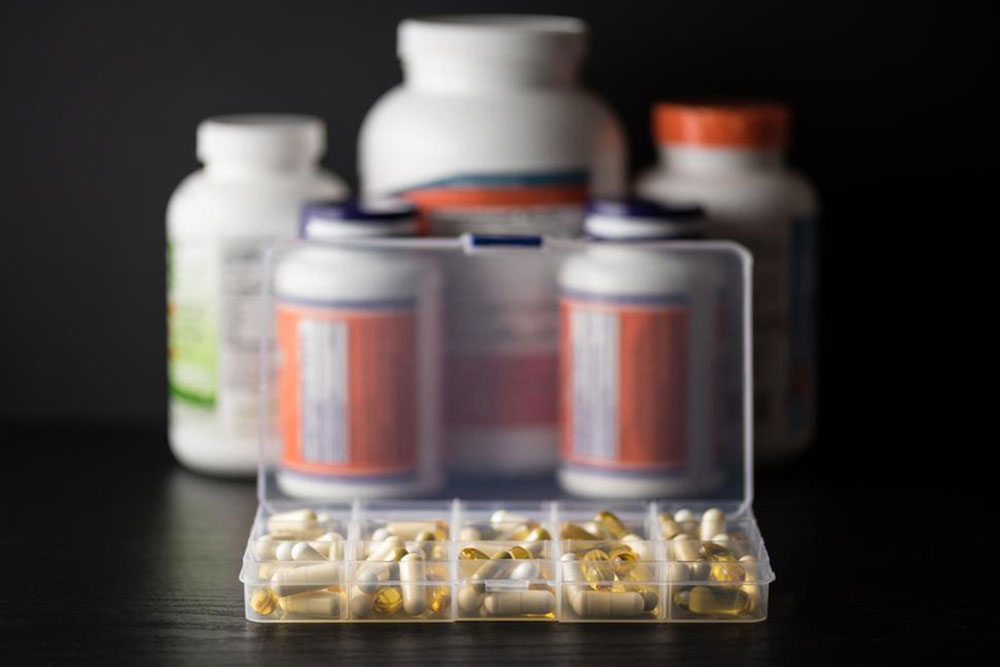Probiotic supplements for treating IBS
Irritable Bowel Syndrome (IBS) is the most common intestinal disorder. Symptoms such as abdominal pain, irregularity in bowel movement, cramping, bloating, diarrhea, or constipation are mostly associated with IBS. Many physicians sought to probiotic supplements when it comes to treating IBS.
Probiotic supplements tend to support the gut’s natural bacteria growth and intestinal well-being. However, before jumping on to the probiotic supplements bandwagon, it is important to select the right ones that will work for you.

What are probiotics?
Probiotics, also referred as friendly bacteria, support our immune system and help keep our digestive system in check by removing the bad bacteria. They strengthen the tissue of the intestinal wall and prevent harmful organisms from reaching it.
How probiotic supplements help IBS
If you take probiotic supplements, IBS problems get reduced and the growth of friendly bacteria is encouraged. Probiotic supplements help in the following ways:
- Eradicates small intestinal bacterial overgrowth (SIBO)
- Reduces bad bacteria
- Normalises motility
- Enforces the tissue lining of the intestines
- Promotes immunity
- Reduces intestinal permeability or leaky gut
- Alleviates visceral hypersensitivity
- Reduces abdominal pain by working on the intestinal lining
- Maintains the gut flora and promotes the right balance of bacteria in the intestine
List of best probiotic supplements for IBS
Taking a probiotic supplement for IBS helps to maintain an optimal balance of bacteria and alleviates IBS symptoms. There are several studies undertaken by researchers to conclude which is the best probiotic supplement. However, there is no lucrative answer to this. But some of the common probiotics which are proven to have a positive effect on IBS are as follows:
- Lactobacillus strains This is a useful subspecies of bacteria that enforces bowel support and is dairy and gluten free.
- Bifidobacterium strains This probiotic was proven to have reduced pain, discomfort, bloating, urgency and digestive disorders of IBS.
- Saccharomyces Boulardi This is a probiotic yeast that reduces inflammation and is helpful in treating IBS.
- Multiple strains A combination of many strains of probiotics have also been proven to be effective in the treatment for IBS. By taking multiple strains, you can effectively improve your gut flora.
Food and probiotics
Typically foods that have undergone a fermentation process result in a food rich with numerous strains of probiotic bacteria. Dishes like yogurt, sauerkraut, kimchi and other fermented foods are a good source of natural probiotics.
Adding small amounts of fermented foods to your diet help ease IBS symptoms.
Typically, doctors recommend consuming probiotics with few glasses of water to dilute the enzymes in your stomach. It also helps in moving the organisms faster into your intestines. Many others advice to take probiotics along with food as it helps in digestion and also the enzymes in food helps in better absorption of probiotics. Do remember that you don’t consume probiotics with hot foods as they kill microorganisms.
Before you try any probiotic supplements, ensure you consult with your physician and select the right probiotic for your condition. Also be patient as a probiotic supplement is not something that will work overnight. The recommended dosage for these supplements is at least four weeks or so.